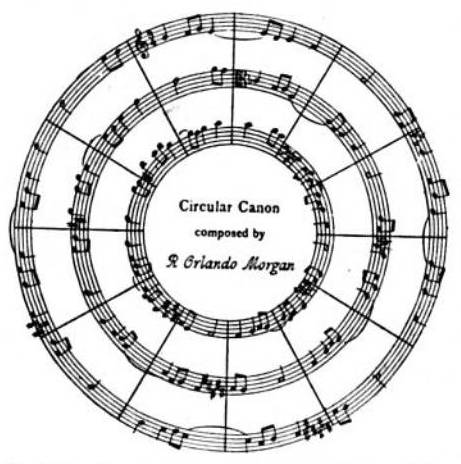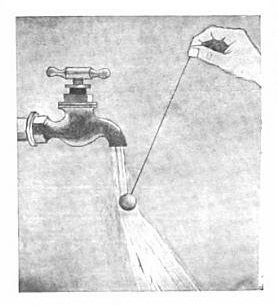In Nature, May 12, 1870, captain Charles Dennehy of the R.M.S. Shannon noted “a very curious phenomenon” observed by the occupants of iron vessels off the port of Grey Town, Nicaragua.
“[W]hile at anchor in this situation, we hear, commencing with a marvellous punctuality at about midnight, a peculiar metallic vibratory sound, of sufficient loudness to awaken a great majority of the ship’s crew, however tired they may be after a hard day’s work.”
The sound, Dennehy said, converted the ship into “a great musical sounding board.” “It is musical, metallic, with a certain cadence, and a one-two-three time tendency of beat. It is heard most distinctly over open hatchways, over the engine-room, through the coal-shoots [sic], and close round the outside of the ship. It cannot be fixed at any one place, always appearing to recede from the observer. On applying the ear to the side of an open bunker, one fancies that it is proceeding from the very bottom of the hold.” It continued for about two hours, was heard only aboard iron vessels, and was unknown to the inhabitants on shore.
Denney’s letter brought responses from readers who referred to similar sounds in Trinidad, India, and Chile. They postulated a “musical fish” or gas rising from vegetation on the seabed but offered no conclusive explanation.
Curiously, William Corliss notes that the sounds’ descriptions seem to match the Yellowstone Lake whispers.





